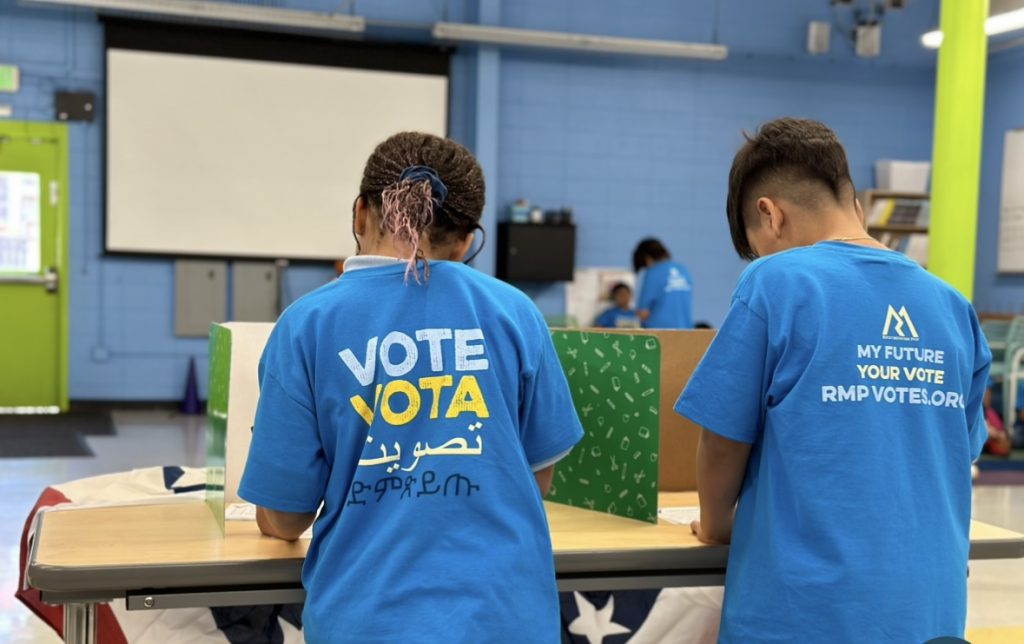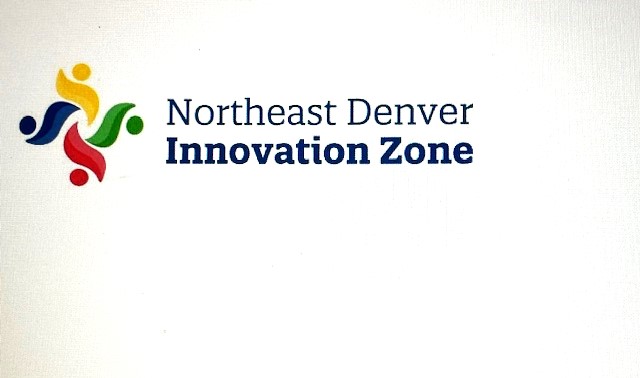UPDATE: This article has been updated with comments from an innovation school leader.
A memo sent this week to Denver innovation school leaders from Denver Public Schools officials delineates in stark terms just how many flexibilities previously granted to the schools will be stripped away by a recent Board of Education policy change.
After June 2023, innovation schools must adhere to all elements of the DPS-Denver Classroom Teachers Association contract, as well as the state Teacher Employment Compensation and Dismissal Act. Until now, innovation schools had been allowed to request waivers from elements of both those documents under the 2008 Innovation Schools Act.
The Denver school board voted last month to prohibit the superintendent from recommending approval of any innovation plan that requests such waivers. Many innovation school leaders and teachers warned that the change would severely curtail their ability to tailor educational programs to the needs of their students.
Board members who supported the policy change said it was essential to protect teacher rights. Innovation leaders and teachers opposed to the change said teacher rights are protected in innovation schools, albeit under different structures than the collective bargaining agreement between the district and the union.
Any innovation school could still request waivers from the contract and state employment compensation law, but they would have to be approved by both the school board and the DCTA board, the new memo says.
According to the memo, innovation schools will no longer be able to:
- Refuse direct placement of teachers into their schools by the district. This had been one of the key freedoms won by innovation schools, because it kept teachers not wanted by school leadership out of the building.
- Develop a school-specific calendar with longer days or years, or different class sizes.
- Set school-defined collaborative planning time for teachers or extend the school day with school-defined extra pay.
- Reduce staff by determining school-specific needs. Instead, innovation schools would have to follow processes defined in the union contract.
- Hire staff on at-will or annual contracts.
- Recruit and make offers to applicants outside the district hiring timeline & process
- Determine extra compensation for extended time, additional responsibilities, and incentives for teachers.
One innovation school leader said the memo shows how empty the reassurances offered by proponents of the policy change proved to be.
“Throughout the (policy change) approval process, we were told that there would be no unintended consequences — like the calendar would be untouched, and our leadership structure would be able to remain intact — and we now see that is not true,” said Frank Coyne lead partner at the Denver Green School. “We are expected to negotiate with DCTA for waivers as individual schools. We now have to fight for what makes our schools great and this is beyond disappointing.”
Coyne also said the school board and Superintendent Alex Marrero “have seemingly relinquished (outsourced) control. This is unprecedented and begs the question, ‘who is it that is running the district?'”
Meanwhile, two Colorado State Senate Denver Democrats have introduced a bill revising the 2008 Innovation Schools Act by establishing a dispute resolution process between school districts and innovation school zones.
Senate Bill 22-197, sponsored by State Sens. James Coleman and Chris Hansen, would require innovation zones “with alternative governance (three innovation zones in Denver are run by independent nonprofits)” and the local school board to agree on a neutral third party to mediate the dispute. If either side “does not act in accordance with the neutral third party’s decision,” the State Board of Education can enforce compliance.
This is potentially significant in relation to the DPS policy change because an innovation school within a zone or the zone itself could initiate a dispute resolution should the school board “proposes to revise” an innovation plan contrary to the school’s or zone’s wishes, or to revoke a school’s innovation status.




